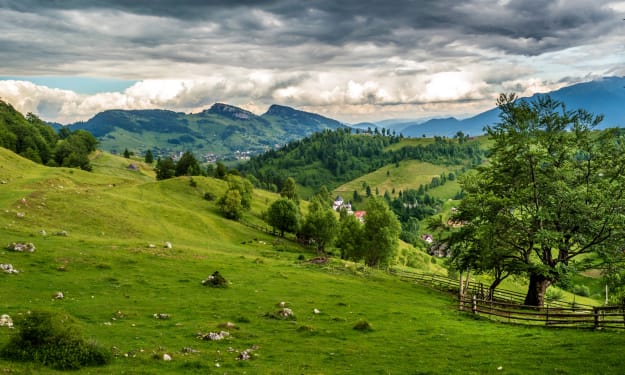A Comprehensive Exploration of Barbados' Rich History: From Pre-Columbian Roots to Modern Sovereignty
From Indigenous Peoples to Modern Sovereignty: A Detailed Journey Through Barbados' Historical Evolution
Barbados, a jewel of the Caribbean, boasts a history as vibrant and diverse as its tropical landscapes. Nestled in the eastern Caribbean Sea, this island nation has witnessed the ebb and flow of civilizations, from its earliest indigenous inhabitants to its emergence as a sovereign state. Over the centuries, Barbados has been shaped by the forces of colonization, slavery, emancipation, and independence, leaving an indelible mark on its society, culture, and identity. Join us on a journey through time as we unravel the intricate tapestry of Barbados' history, exploring key moments, figures, and themes that have defined its trajectory over millennia.
**Pre-Columbian Era:**
The history of Barbados begins with its indigenous peoples, the Arawak and Carib tribes, who inhabited the island long before the arrival of Europeans. These indigenous cultures thrived on fishing, farming, and trade, leaving behind a legacy of pottery, tools, and ceremonial sites that offer glimpses into their way of life.
**European Exploration and Colonization:**
European exploration of Barbados began in the late 15th century, with Christopher Columbus among the first to encounter the island during his voyages to the New World. However, it was the Portuguese explorer Pedro Campos who is credited with the first recorded landing on the island in 1536. In the 17th century, the British established control over Barbados, laying the foundations for the island's colonization and development as a profitable colony.
**Sugar, Slavery, and Plantation Economy:**
Barbados' economy became heavily reliant on sugarcane cultivation, fueled by the labor of enslaved Africans. The transatlantic slave trade brought thousands of Africans to the island, where they endured unimaginable hardships on sugar plantations. The plantation system dominated Barbadian society and economy for centuries, shaping its demographics, culture, and social hierarchy.
**Emancipation and Labor Reforms:**
The abolition of slavery in the British Empire in 1834 marked a significant turning point in Barbadian history. Former slaves gained their freedom, but many continued to face economic hardships and social inequalities. Indentured laborers from India and other parts of the British Empire were brought to the island to fill the void left by the end of slavery, further diversifying Barbados' population.
**Social and Political Movements:**
Throughout the 20th century, Barbados experienced social and political movements aimed at achieving greater equality and self-determination. Figures such as Sir Grantley Adams, founder of the Barbados Labour Party (BLP), and Errol Barrow, leader of the Democratic Labour Party (DLP), played pivotal roles in advocating for political rights and social justice. In 1966, Barbados gained independence from Britain, with Errol Barrow becoming its first Prime Minister.
**Modernization and Economic Development:**
Since independence, Barbados has undergone significant modernization and economic diversification. The tourism industry has emerged as a cornerstone of the economy, attracting millions of visitors to the island's pristine beaches, luxurious resorts, and cultural attractions. Barbados has also invested in education, healthcare, and infrastructure, becoming one of the most developed countries in the Caribbean region.
**Cultural Heritage:**
Barbados' cultural heritage is a testament to its rich and diverse history. The island's music, including calypso, reggae, and soca, reflects its African, European, and indigenous influences. Barbadian literature, with authors such as George Lamming and Kamau Brathwaite, explores themes of identity, history, and social justice. The island's cuisine, with dishes such as flying fish, cou-cou, and macaroni pie, is a delicious fusion of flavors from around the world.
**Conclusion:**
From its ancient indigenous roots to its status as a modern sovereign state, Barbados' history is a saga of resilience, struggle, and triumph. As the island continues to chart its course in the 21st century, it draws upon its rich heritage to shape its future, embracing its diversity and cultural legacy while striving for progress, prosperity, and social justice for all its citizens.






Comments
There are no comments for this story
Be the first to respond and start the conversation.